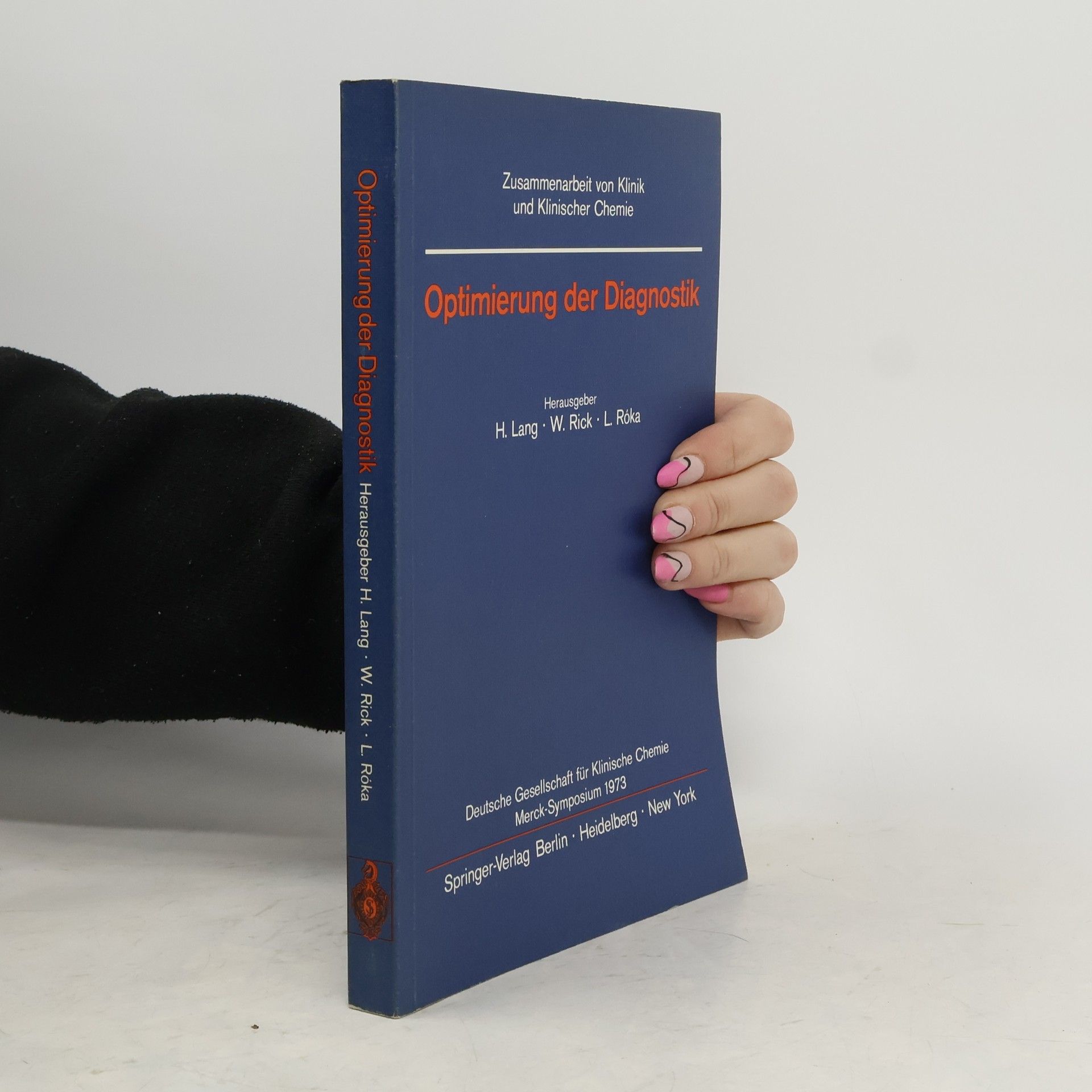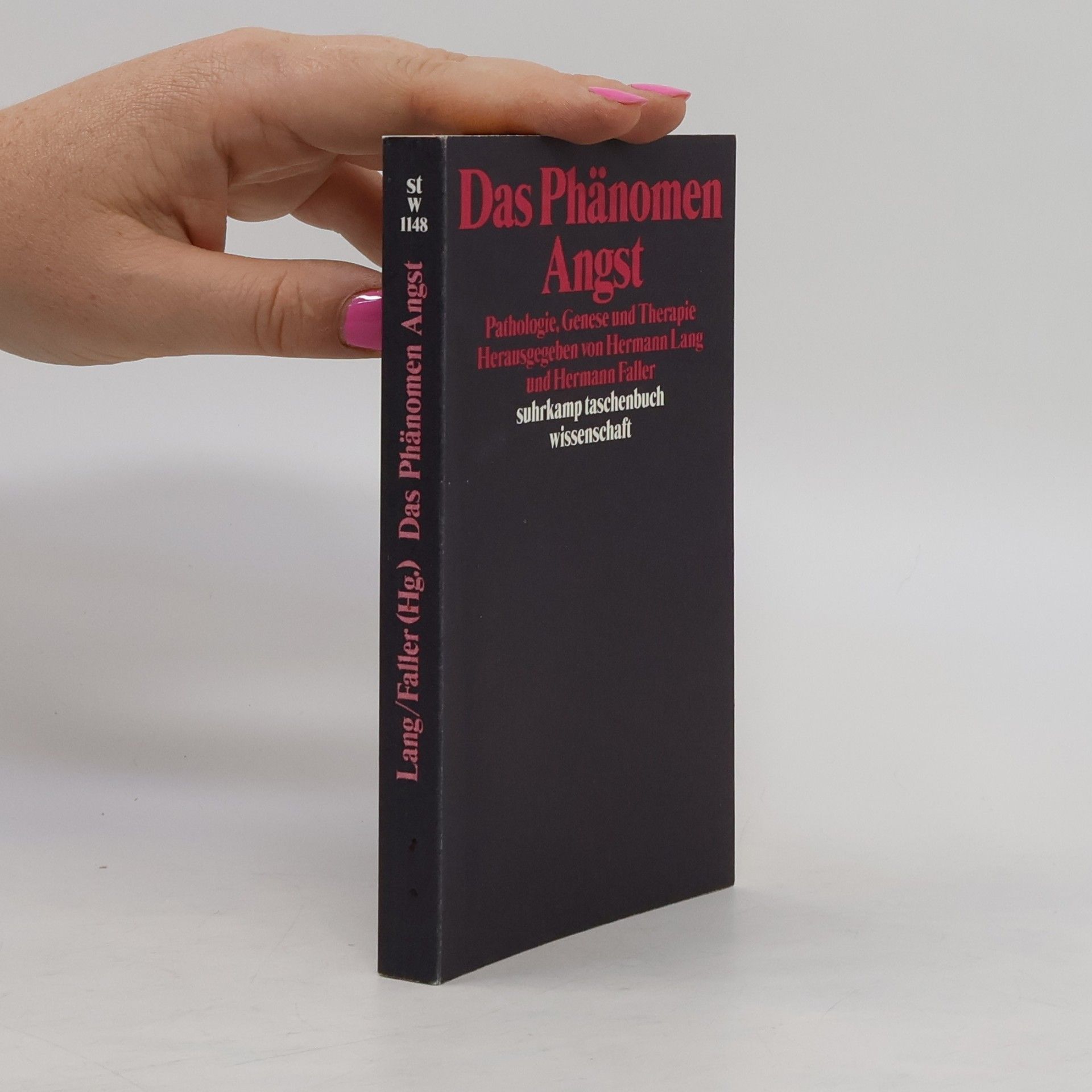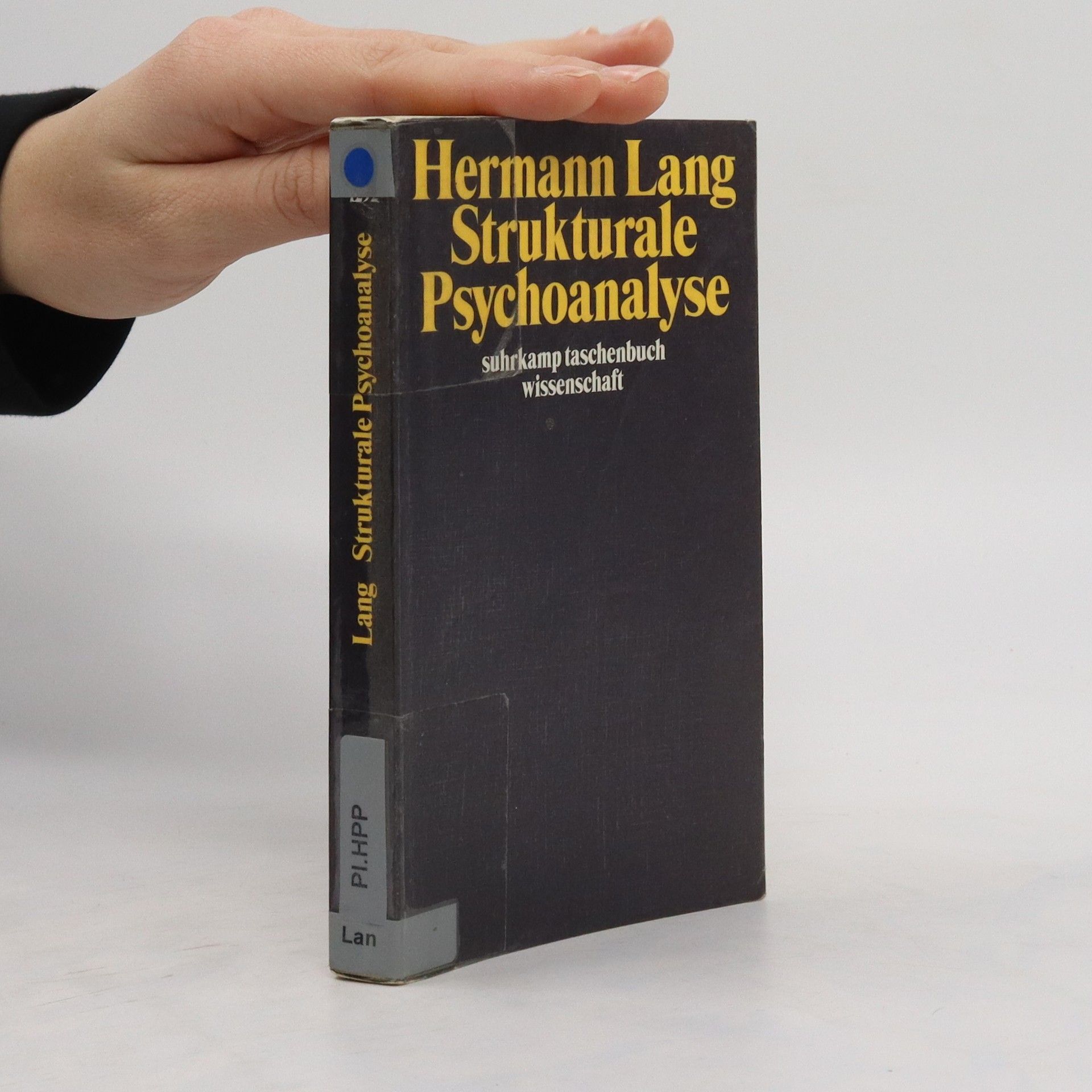Strukturale Psychoanalyse
- 351 pages
- 13 hours of reading




„In den Studien von Philosophen, Psychiatern, Psychotherapeuten, Psychosomatikern, Daseinsanalytikern, Psychologen, Sozial- und Arbeitsmedizinern geht es u. a. um die Angst vor der Vernichtung unserer (Um)Welt, um die Angst vor dem Tode, um die Angst im Verfolgungswahn, um die Angst vor Krebs, um die Angst vor Eltern, Lehrern oder Arbeitgebern; es geht auch um die Frage, ob Angstfreiheit überhaupt ein anzustrebendes Ziel ist - warnt die Angst doch vor Gefahren und fordert unmittelbar auf, diesen zu begegnen.“
Langs Monographie will den strukturalen Ansatz der Psychoanalyse als Sprachanalyse verstanden wissen. Entsprechend stehen die genannten Formeln Lacans, dessen Rezeption immer weitere Kreise zieht, im Mittelpunkt. Es ist der Verdienst der vorliegenden Untersuchung, den originären Beitrag des Strukturalismus zur Freudschen Theorie herausgearbeitet und gezeigt zu haben, daß diese Theorie erst durch jenen Beitrag ihre besten Intentionen einlöst.
Merck-Symposium der Deutschen Gesellschaft für Klinische Chemie Mainz, 18.–20. Januar 1973 (Zusammenarbeit von Klinik und Klinischer Chemie)
Sehr geehrte Kolleginnen und Kollegen! Bei der "Optimierung der Diagnostik" zielen wir nicht nur auf eine Verbesserung der Diagnosen, sondern vor allem auf einen höheren Nutzen der diagnostischen Ergebnisse für die gesamte ärztliche Tätigkeit, einschließlich Prophylaxe, Therapie und Rehabilitation. Der Patient strebt nach Gesundheit oder einem bestmöglichen Leben mit seiner Krankheit. Eine präzise Krankheitsbezeichnung allein ist unzureichend. Die Diagnose muss aufzeigen, wie der Patient zu seiner Erkrankung gelangt ist und welche Bedeutung diese für ihn hat. Es ist entscheidend, die zugrunde liegenden Prozesse zu analysieren: Warum und wo wurden Regelprozesse gestört oder haben versagt? Die Diagnostik sollte idealerweise auf molekular-biologischer Ebene die individuellen Varianten der Lebensprozesse erkennen. Das Ergebnis sollte nicht nur die Krankheitsbezeichnung, sondern einen konkreten Behandlungsplan darstellen. Im Vergleich zur heutigen Klinischen Chemie stellen wir fest, dass sie oft nur phänomenologische Informationen liefert und uns lediglich über Spuren vergangener Prozesse informiert, ohne die zugrunde liegenden Krankheitsprozesse zu beleuchten. Beispielsweise zeigt der Blutzuckerspiegel nicht, wo genau die Störung der Blutzuckerregulation liegt, und die Verteilung der Blut-Eiweiß-Fraktionen im Elektrophoregramm erklärt nicht die Ursachen einer beobachteten Umverteilung.